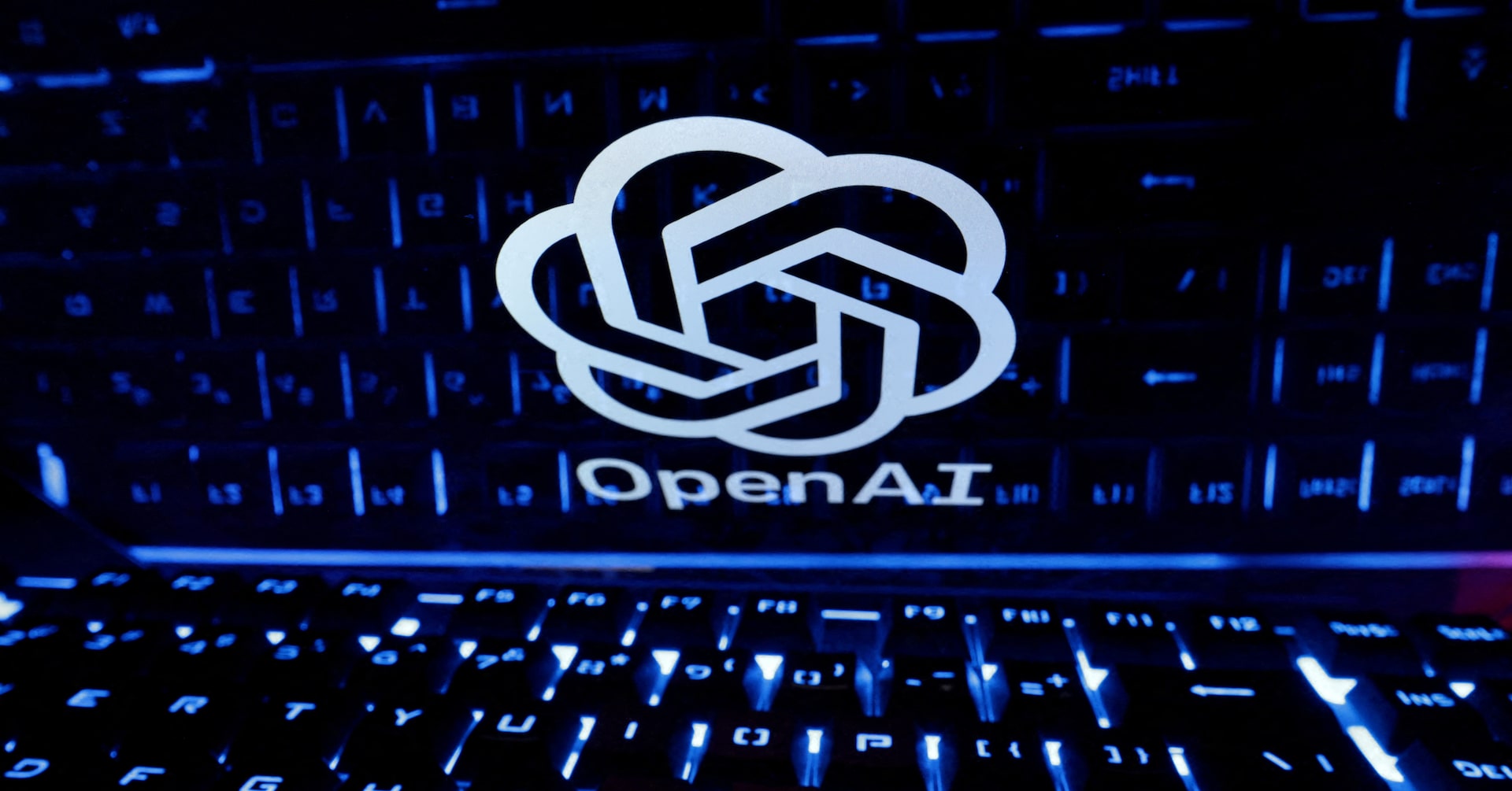
As artificial intelligence continues to dominate headlines and attract vast investments across industries, a growing chorus of critics and scholars is pushing back against what they describe as ‘AI hype’—the overstated promises often made by tech companies and proponents. These experts argue that while AI offers legitimate potential, the discourse surrounding it sometimes neglects crucial considerations about its implementation, impact, and regulation.
Many critics point out that current marketing around AI can lead the public to believe that the technology is more advanced and autonomous than it actually is. This, they argue, generates unrealistic expectations and contributes to a misunderstanding of AI’s capabilities and limitations. For example, while AI systems have made significant progress in areas such as language processing and image recognition, their achievements depend heavily on vast curated datasets and high-powered computing—not independent intelligence.
A key concern among ethicists is that the hasty embrace of AI often overlooks social and moral consequences. AI systems, including algorithms used in law enforcement, hiring processes, and healthcare, have been shown to exhibit biases that disproportionately affect marginalized groups. Without transparent development practices or oversight mechanisms, these biases can not only persist but also amplify existing disparities.
Moreover, there is criticism of the commercial and political power held by a small number of major tech companies who dominate the AI sector. Critics warn that these entities may prioritize profit and control over public good, shaping the trajectory of AI development in ways that reinforce monopolies and limit competition.
Another emergent issue is the environmental impact of AI, particularly the energy consumption required to train large-scale models. Prominent models, such as OpenAI’s GPT family or Google’s AI tools, need extensive computational power, raising concerns about sustainability.
Beyond practical concerns, some argue that the ‘mythology’ of AI—often presented in media as superior or even sentient intelligence—can lead to societal complacency. This could reduce critical oversight or delay efforts to hold developers accountable.
In response, many experts advocate for stronger regulatory frameworks to govern how AI is developed and applied. This includes calls for transparent AI model development, ethical review boards, and greater public engagement in decision-making processes related to AI systems.
Despite these challenges, critics emphasize they are not anti-technology. Rather, they aim to foster a more nuanced, informed, and ethical conversation about AI’s place in society—one that balances innovation with responsibility.
As artificial intelligence continues to evolve, the voices of critics and watchdogs may prove vital in ensuring that its development aligns with shared human values and public interest.
Source: https:// – Courtesy of the original publisher.








